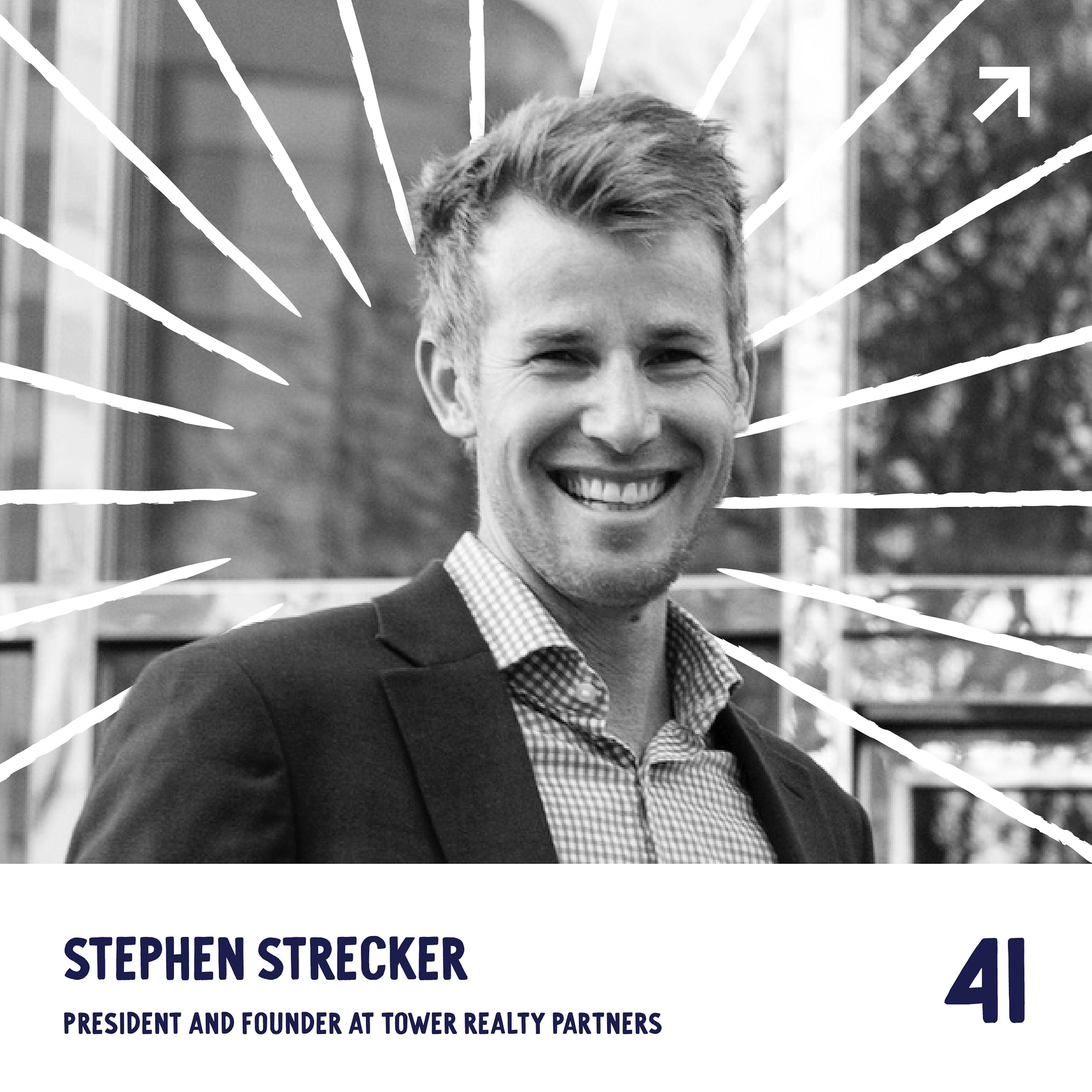31. Decoding dental contracts: What to look for before you say “yes” to an associateship
With Hillary Harms Becchetti, JD
They can be long, dense, and packed with terms that non-lawyers have never heard of.
Before you breeze through your employment contract like it's the Instagram terms-of-service, remember—this document could shape the trajectory of the rest of your career!
Meet our guest
Hillary Harms Becchetti is the founder of Pine Lake Dental Law & Transitions in Minnesota. Pine Lake is a full service transition company and law firm performing around 60 dental transitions per year, and they also provide dentists with associate contract review and employment law consulting.
In this episode
- Some common employment contract terms with which you should be familiar
- How to negotiate a contract effectively
- Important considerations for working full-time versus working part-time
- Common pay structure offerings, paid time off, and benefits
- Often overlooked details, like termination policy and non-competition agreements
All opinions expressed by the Provide employee participant are solely their current opinions and do not reflect the opinions of Provide, its affiliates, or Fifth Third Bank. The Provide employee participant’s opinions are based on information they consider reliable, but neither Provide, its affiliates, nor Fifth Third Bank warrant its completeness or accuracy and should not be relied upon as such. This content is for informational purposes and does not constitute the rendering of legal, accounting, tax, or investment advice, or other professional services by neither Provide, its affiliates, or Fifth Third Bank. Please consult with appropriate professionals related to your individual circumstances.
Taking the next step is simple
Pre-qualify in two minutes or less, with no impact on your credit score.


Find the home for your next chapter
Browse available listings from top brokers in your area.
More episodes

41. Size matters: getting the size of your healthcare practice right from the start

66. Buying your way in: The rise of entrepreneurship through acquisition
